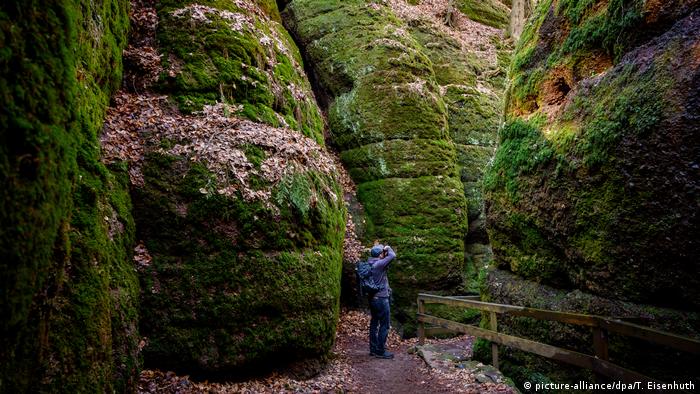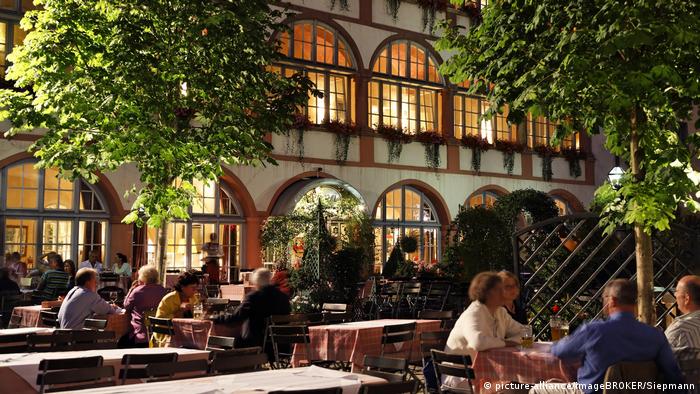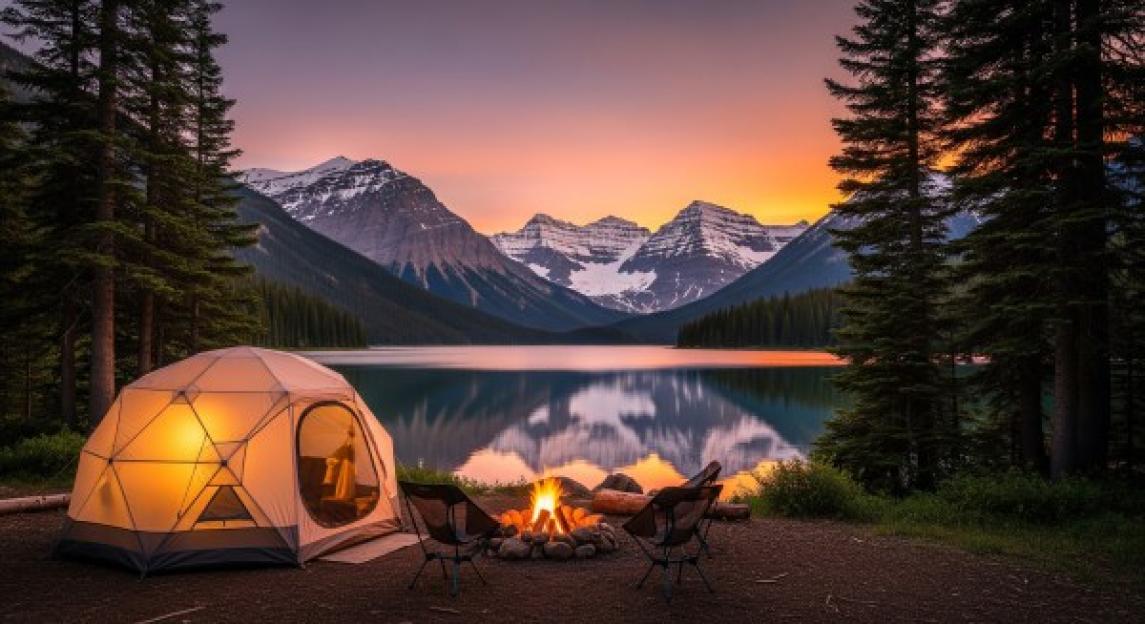About winter sports and wanderlust. The low mountain range attracts tourists to Thuringia in all seasons. A ramble in a southeasterly direction from Eisenach to Illmenau.
Wartburg, Eisenach
The Wartburg near Eisenach is located on the northern edge of the Thuringian Forest and is a good starting point for crossing the densely wooded low mountain range in central Germany. Of course, only after you have visited the castle where Martin Luther translated the Bible.
Rennsteig
Hikers are best off following the Rennsteig trail marked with an R, the 170 km long historic border trail through the Thuringian Forest. It is one of the most popular long-distance hiking trails in Germany.
Dragon canyon
Quite at the beginning of the Rennsteig, not far from Eisenach, you will find the Drachenschlucht, a gorge that was made passable for walkers at the beginning of the 19th century. The name also comes from this period, before that the rocky gorge was simply called Steingraben.
Altenstein Castle, Bad Liebenstein
Even the nobility valued the relaxation in the Thuringian Forest. The Meiningen dukes built Altenstein Castle near Bad Liebenstein at the beginning of the 18th century and later expanded it into their summer residence.
SpieÃberghaus, Friedrichsroda
The former forester's lodge near Friedrichsroda is now a hotel and restaurant. More than 100 years ago, it served hikers on the Rennsteig as a stopover "with impeccable hospitality" (Johannes Bühring). The SpieÃbergbahn, the oldest bobsleigh, and toboggan run in Germany starts not far from there. The natural ice rink is still used for luge competitions.
Ski sports hall, Oberhof
Oberhof is the tourist center in the Thuringian Forest. One of the attractions for winter sports enthusiasts is the almost 2000-meter-long circuit in the ski hall, which is unique in Europe and can also be used by tourists and recreational athletes. If you are not that fit, you can take part in ski courses in the hall.
Snowhead
From the summit of the Schneekopf, there is a good view of the Thuringian Forest. At 978 meters, the second highest mountain in the low mountain range was a restricted military area in GDR times. There is now a restaurant next to the observation tower. Below the summit is the nature reserve "Schneekopfmoore am Teufelskreis".
Great Beerberg
Like the Schneekopf, the GroÃer Beerberg is the remains of a volcano. At 983 meters, it is the highest elevation in the Thuringian Forest. The Rennsteig, which you can also follow on cross-country skis if there is enough snow, leads over the summit.
Vehicle Museum, Suhl
The Thuringian Forest also has a long tradition in vehicle construction. Since 2007, a museum in the Suhl Congress Center has commemorated this. It shows around 170 vehicles from bicycles to racing cars. In the center, of course, are the mopeds and motorcycles from the Simson company, which is still the largest two-wheeler manufacturer in Germany.
Kickelhahn, Ilmenau
Yes, Goethe was here too. The Kickelhahn near Ilmenau was a popular hunting ground for the Weimar court society. During his years as a minister and privy councilor in Weimar, Johann Wolfgang von Goethe often hiked to the Kickelhahn. The Goethe House (picture) below the summit is a reminder of this. Inside you can read a plaque with his poem "Wanderer's Night Song" in 15 languages.







